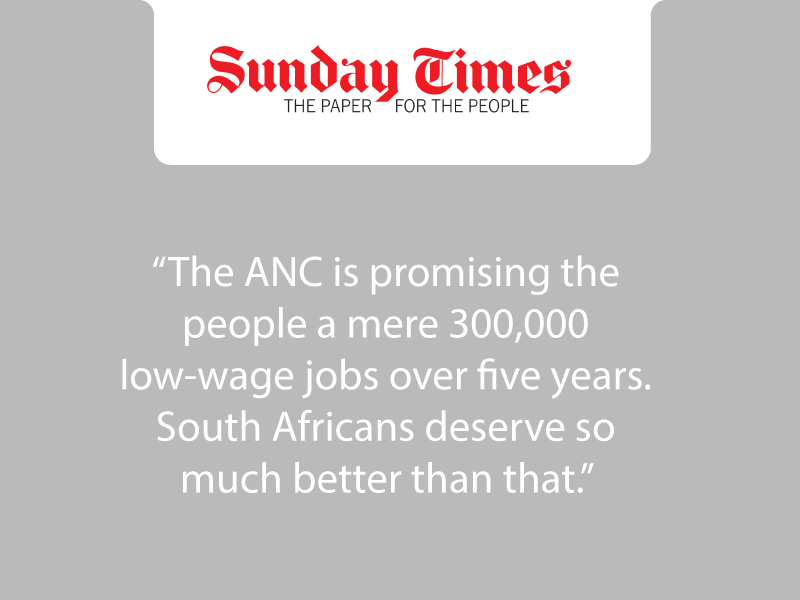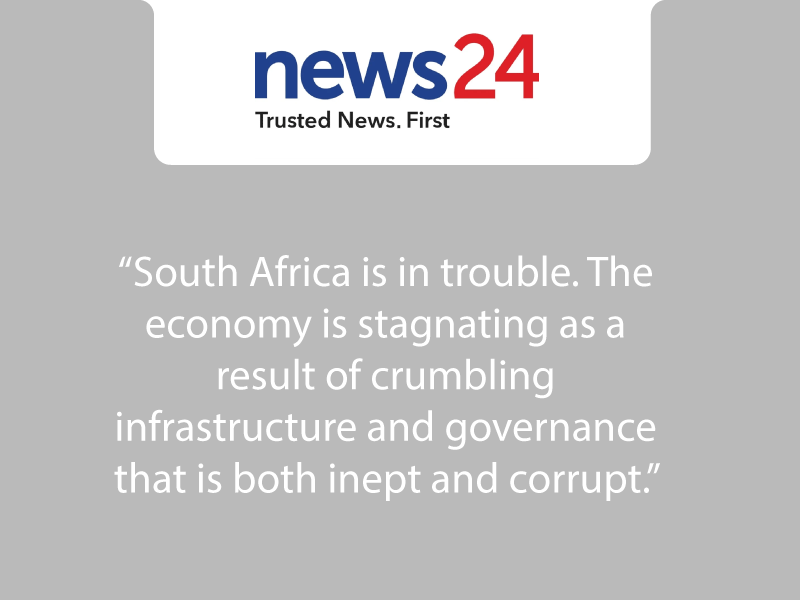
The White Paper on Local Government is a great disappointment. It fails to resolve the tension between the desire for strong local government as an engine for growth and development, and the reality of a sector in fundamental crisis. It hovers uneasily between a development wish list and an acknowledgement that some gratification has to be deferred for sustained benefits.
It fails to grasp the nettle of hard choices about priorities and political balance.
The White Paper fails to come to grips with the crisis in local government and therefore fails to extract the lessons of this for future policies. It reflects no summary of conclusions drawn from international experience or other research; its conclusions are not explained or justified; very few facts are reported; the implications of national economic policy for local government are not discussed; there is a lack of clarity on critical terms; and there is no concluding chapter pulling together a programme of action.
However, its publication does provide an opportunity for open debate about the future of South Africa’s cities and towns.
They are the location of some 80% of the country’s GDP. If government policies for inclusive economic and social development are to be successful they have to succeed in the cities above all. This will require a multi-class and multi-race coalition for growth, development and redistribution of services and opportunities in those cities.
Just as in the country as a whole, success will require far-sighted and long-term thinking. Solutions have to be sought that provide something for all the components of the coalitions that must be formed if we are to achieve the confidence necessary for growth and sustainable development in urban South Africa.
Investment and economic competitiveness for the cities is the only way to generate resources so that the poor will have access to services on a sustainable basis.
It is impossible for recommendations to be made covering the full range of approaches necessary to provide for effective urban governance and local development at this stage.
This is because the analysis required as a basis for those recommendations is not available in the White Paper and to our knowledge has not been done at all. The Centre for Development and Enterprise’s (CDE) recommendations are therefore selective.
Our recommendations are divided into two sections.
The first deals with current pressing issues of urban governance where CDE recommends strong, democratically elected local authorities in the cities coupled with a small, directly-elected metropolitan tier. CDE strongly supports the idea of a cities forum. CDE also proposes the creation of a competitive urban development fund to encourage and provide incentives for cities and towns to develop strategies that could lead to sustainable growth and development.
CDE’s second set of recommendations urges government to proceed for now only with minimum necessary legislation and to urgently establish a Presidential Commission for Cities and Towns.
In the light of the inadequacy of the White Paper, CDE cautions government to see it as only a limited contribution to reassessing South Africa’s local government situation. It should at this stage only introduce legislation that is absolutely necessary for the 1999 elections and to ensure fiscal discipline.
There is so much vital information still required as a basis for determining the causes of the current crisis in local government and such uncertainty exists on broad approaches to ensuring the success of local development that CDE is convinced that crucial legislation must be deferred pending the results of a very special enquiry.
South African local government is different in scope and shape for each kind of local authority.
All local authorities, first and foremost, must represent the opinions of all their constituents effectively and find a workable balance between the views of black and white, middle class and poor. Each should represent the wishes of the constituents and their need for services, which means that the development of the resource base is fundamental.
The economy is as much a part of the modern local authority as is its administrative, service delivery and representative functions. Local government legislation must reflect this requirement as much as it reflects any other requirement of local democracy.
- Ann Bernstein is the executive director of the Centre for Development and Enterprise. This article is based on CDE’s response to the White paper on Local Government.
Photo credit: Hugo Jehanne




